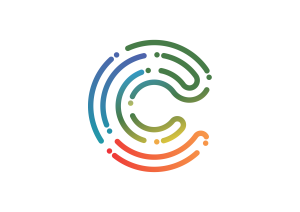Completion requirements
View
Last modified: Friday, 27 November 2020, 6:32 AM
